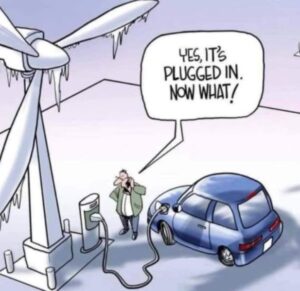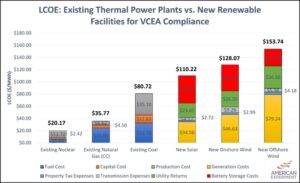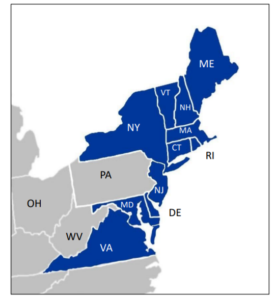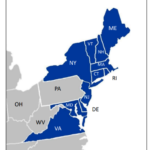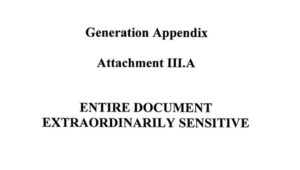In October, Bacon’s Rebellion contributor Steve Haner outlined a “despicable act” perpetrated by Dominion Energy on Glenn Youngkin, by sending $200,000 to a mystery PAC created to suppress turnout for the Republican gubernatorial candidate.
But now, with further public disclosures, we see the devious actions by Dominion CEO (and former Democrat operative) Bob Blue and other top executives were more “despicable” than first thought.
The severity was greater partly because Dominion actually sent $250,000 to Accountability Virginia PAC, which posed as a right-leaning group in order to raise doubts about Youngkin’s 2nd Amendment credentials with rural voters. The political strategy was to diminish enthusiasm – and therefore turnout – for the now-governor.
But the degree of deceit has even more to do with the timeline of the contributions rather than the aggregate amount. Continue reading


